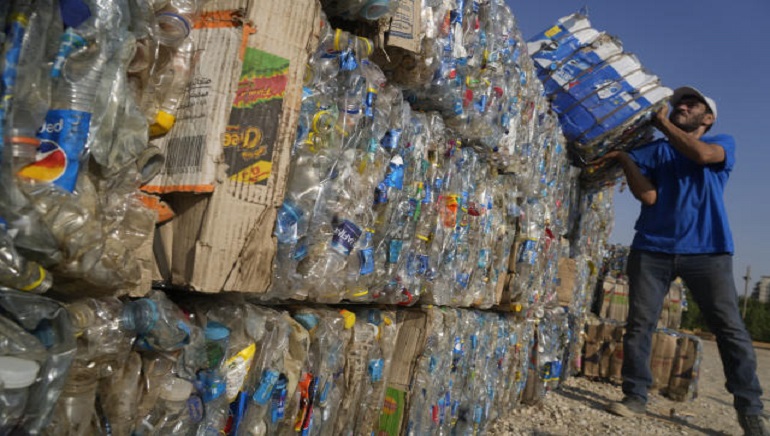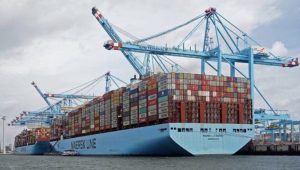Global experts have agreed to produce a draft treaty to end plastic pollution. Environmental advocates welcomed the result of the five days of United Nations’ talks in Paris on plastic pollution recently, while expressing concern that the petroleum industry and some governments would water down the eventual treaty, as most plastic is made from fossil fuels.
The UN delegates at the Intergovernmental Negotiating Committee for Plastics on June 2 agreed to produce an initial draft before their next meeting in Kenya in November. The committee is charged with developing the first international, legally binding treaty on plastic pollution, on land and at sea.
A coalition led by the governments of Norway and Rwanda, and environmental groups, want to end plastic pollution altogether by 2040 by cutting production and limiting some chemicals used in making plastics. Countries with big petroleum industries such as the US, China and Saudi Arabia are more focused on plastic recycling, and want rules based on nations instead of across-the-board limits.
Globally, more than 430 million tonnes of plastic is produced annually, two-thirds of which are short-lived products that soon become waste, ending in the ocean and, often, working their way into the human food chain, the UN Environment Program said in an April report. Plastic waste produced globally is set to almost triple by 2060, with about half ending up in landfill, says the Organization for Economic Cooperation and Development.















